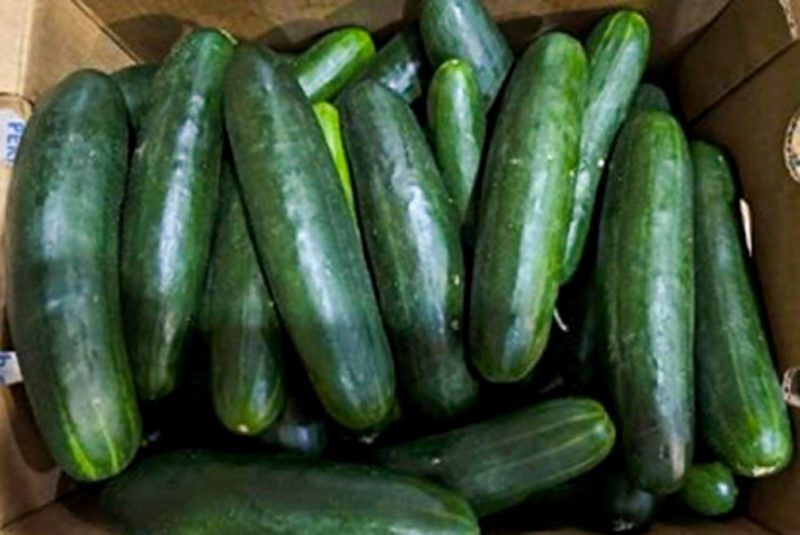The recent recall of cucumbers linked to widespread illnesses serves as a sobering reminder of the potential risks associated with contaminated produce. According to the Centers for Disease Control and Prevention (CDC), at least 449 cases of illness have been reported in connection to the tainted cucumbers, prompting swift action to remove them from stores and protect public health. In response to this public health threat, it is critical for consumers to be aware of the importance of food safety practices and the measures that can be taken to prevent such outbreaks in the future.
The CDC’s announcement of the recalled cucumbers underscores the potential severity of foodborne illnesses and the need for greater vigilance in monitoring the safety of our food supply. With hundreds of reported cases of illness and the risk of further spread, this incident highlights the urgency of addressing food safety concerns promptly and effectively. The CDC’s swift response in identifying the source of the contamination and issuing a recall demonstrates the importance of proactive measures in minimizing the impact of such outbreaks on public health.
Food recalls are not uncommon, but they play a crucial role in safeguarding public health by preventing the spread of foodborne illnesses. In the case of the recalled cucumbers, the CDC’s quick action in alerting the public and working with retailers to remove the tainted produce from shelves is a testament to the importance of effective communication and collaboration in responding to such incidents. By informing consumers of the potential risks and providing clear guidance on how to identify and dispose of the affected products, authorities can help prevent further illnesses and protect vulnerable populations from harm.
In light of this recent food recall, consumers are reminded of the importance of practicing safe food handling and preparation techniques to reduce the risk of foodborne illnesses. Washing fruits and vegetables thoroughly, storing perishable items at the proper temperature, and avoiding cross-contamination during food preparation are essential steps in minimizing the risk of foodborne pathogens. Additionally, staying informed about food recalls and heeding the advice of public health authorities can help individuals make informed decisions about the safety of the products they consume.
As authorities continue to investigate the source of the contamination and monitor the impact of the recalled cucumbers, it is essential for consumers to remain vigilant and take proactive steps to protect themselves and their families from foodborne illnesses. By following recommended food safety practices, staying informed about recalls and outbreaks, and supporting efforts to improve food safety regulations, individuals can play a vital role in ensuring the integrity of our food supply and safeguarding public health.
In conclusion, the recent recall of cucumbers linked to a significant number of illnesses serves as a stark reminder of the importance of food safety and the need for proactive measures to prevent foodborne outbreaks. By working together to identify and address potential hazards in our food supply, we can help protect ourselves and our communities from the devastating effects of contaminated food. Stay informed, practice safe food handling, and support efforts to strengthen food safety regulations – these actions are key to safeguarding public health and preventing future outbreaks.
